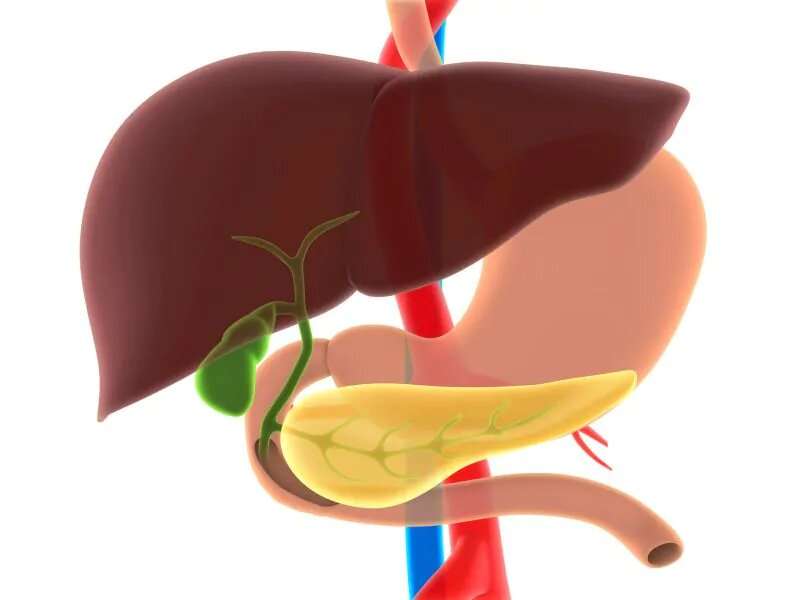Childhood episode of pancreatitis may up risk for diabetes later

(HealthDay)—A history of a clinically resolved, single event of acute pancreatitis in childhood is associated with an increased risk for diabetes during young adulthood, according to a study published online Nov. 6 in Diabetes Care.
Cole D. Bendor, from Hebrew University in Jerusalem, and colleagues used data from 1,802,110 Israeli adolescents (mean age, 17.4 years) who were examined before compulsory military service (1979 to 2008) and data linked to the Israeli National Diabetes Registry.
The researchers found that incident diabetes developed in 4.6 percent of individuals with resolved pancreatitis (13 of 281; none of these cases was identified as type 1 diabetes) versus 2.5 percent among the pancreatitis-free group. When adjusting for age, sex, and birth year, resolved acute pancreatitis was associated with incident diabetes (odds ratio [OR], 2.23). Findings remained with further adjustments for baseline body mass index (BMI) and sociodemographic factors (OR, 2.10). There was an association between childhood pancreatitis and diagnosis of
diabetes at a younger age, with 92 percent of diabetes cases diagnosed at <40 years of age versus 47 percent in the unexposed group. The association was more pronounced when the analysis was limited to individuals with unimpaired health or normal BMI at baseline.
"These patients therefore may require a tighter follow-up and aggressive control of other diabetes risk factors," the authors write.
More information: Abstract/Full Text (subscription or payment may be required)
Copyright © 2019 HealthDay. All rights reserved.




















